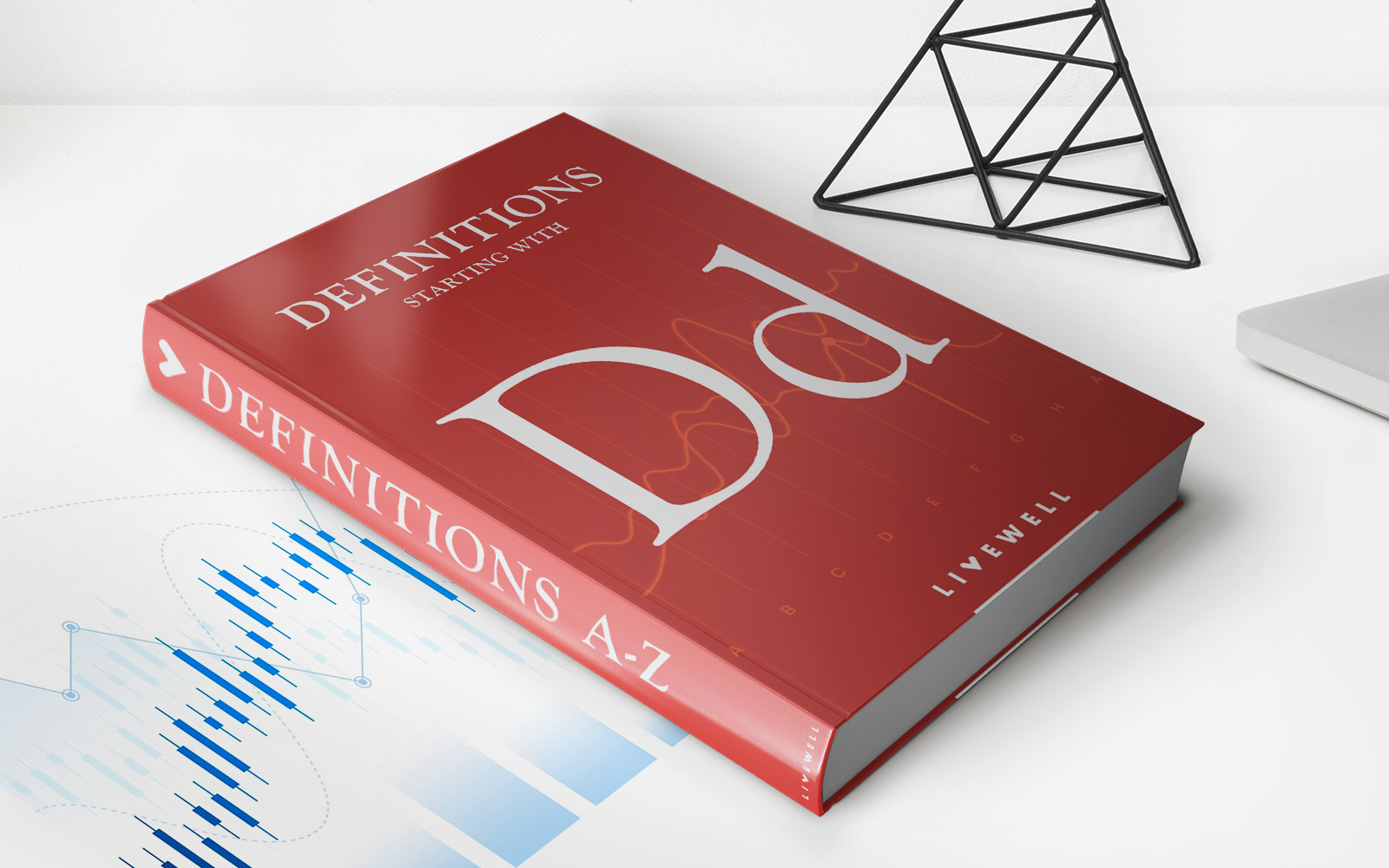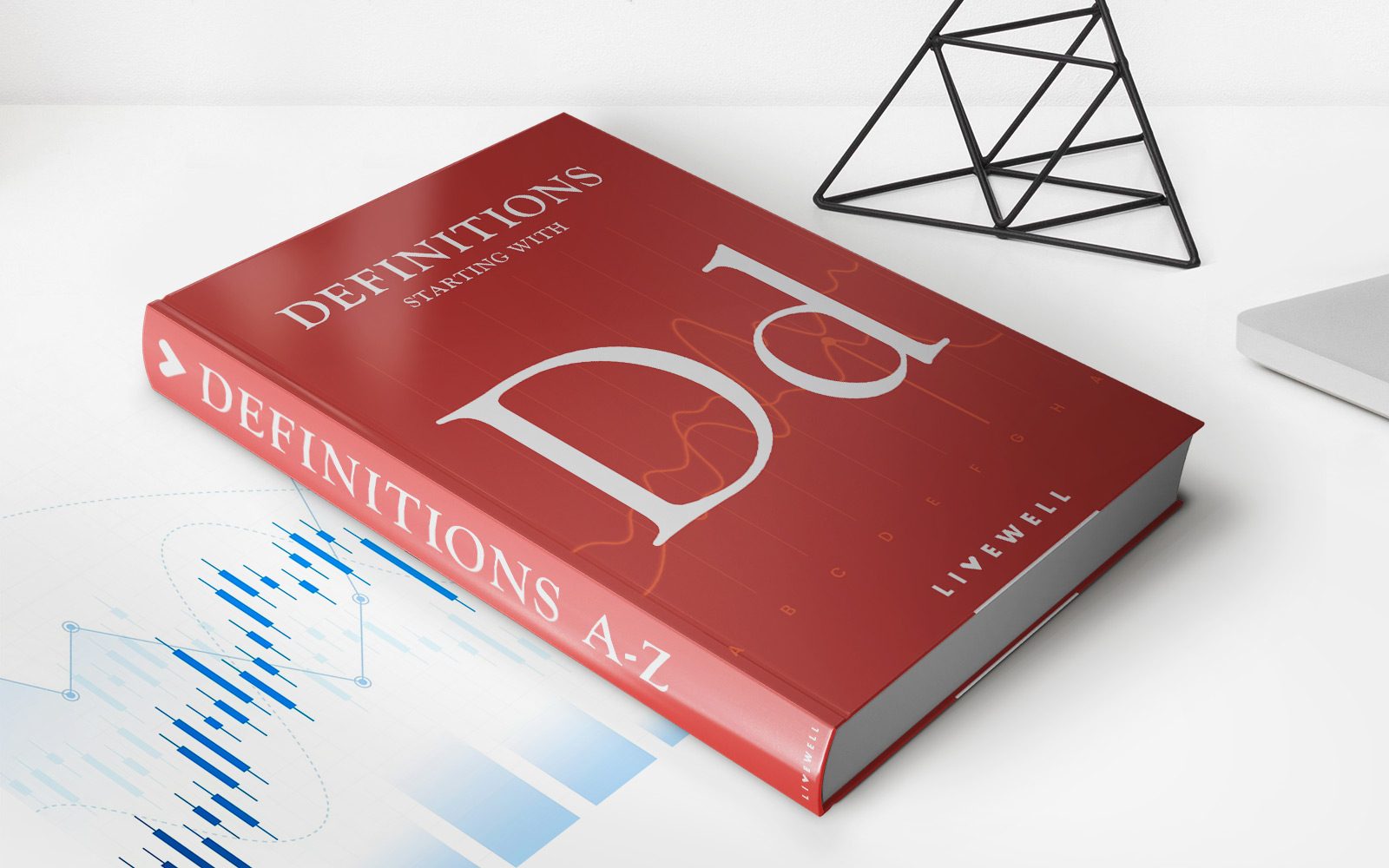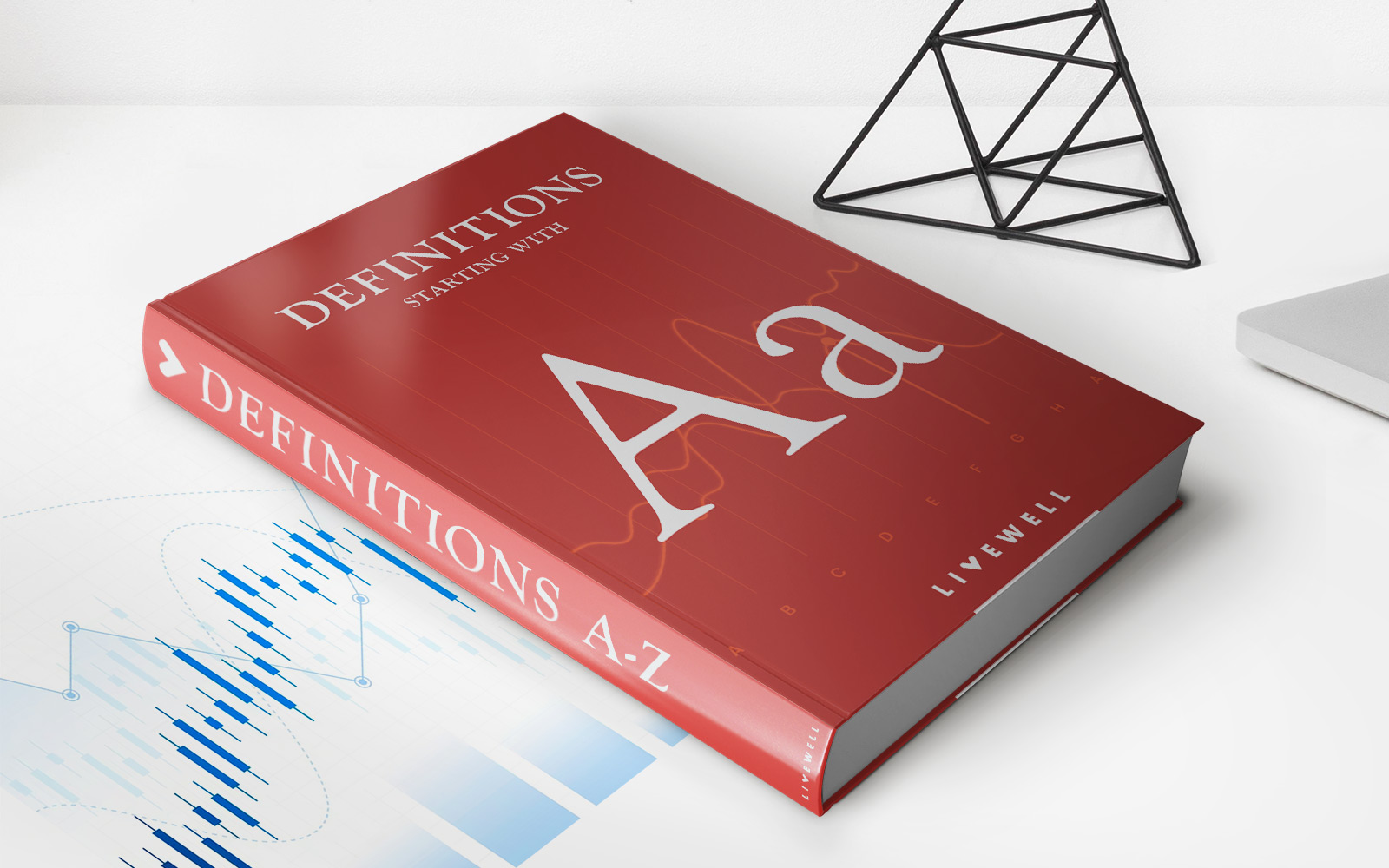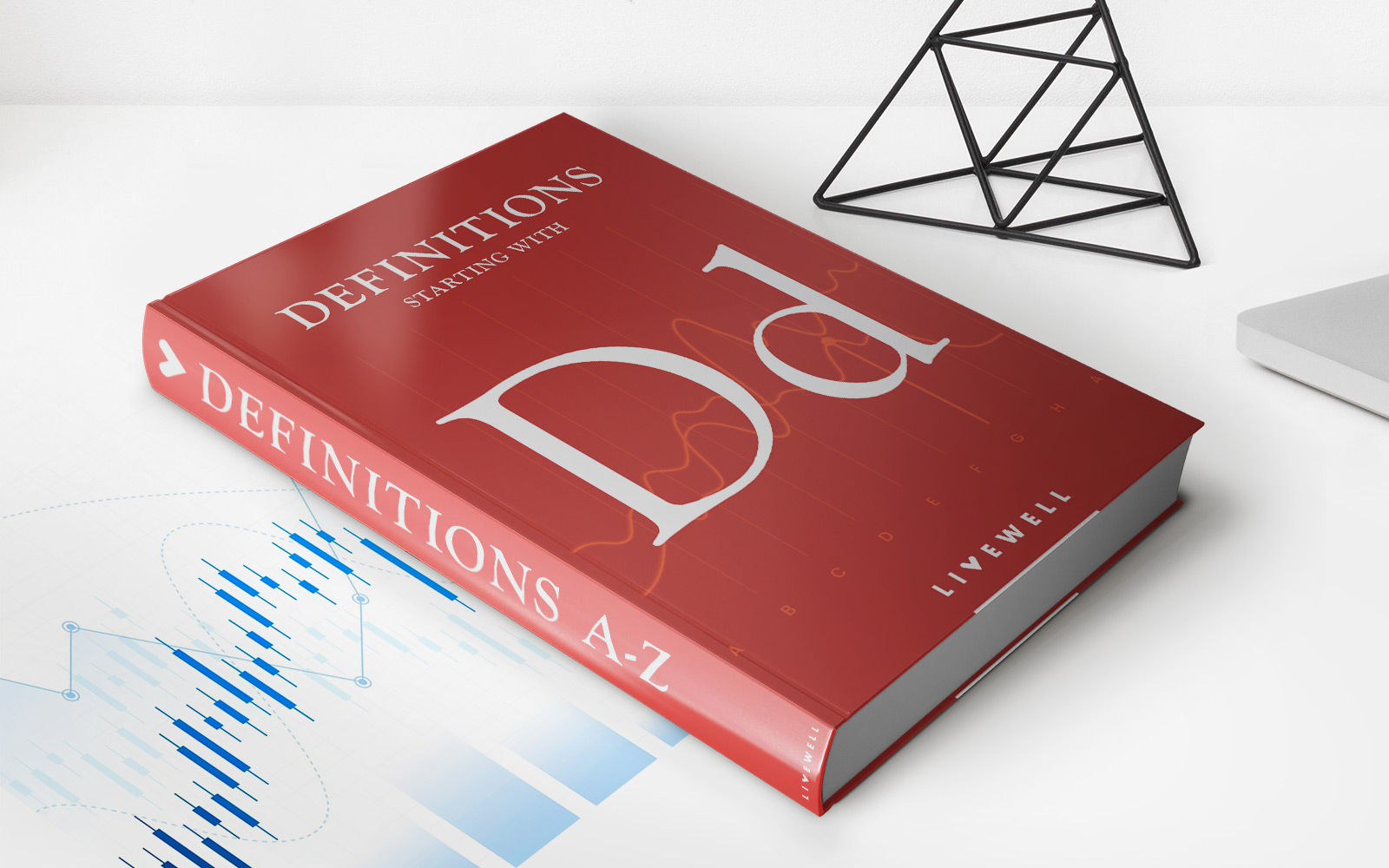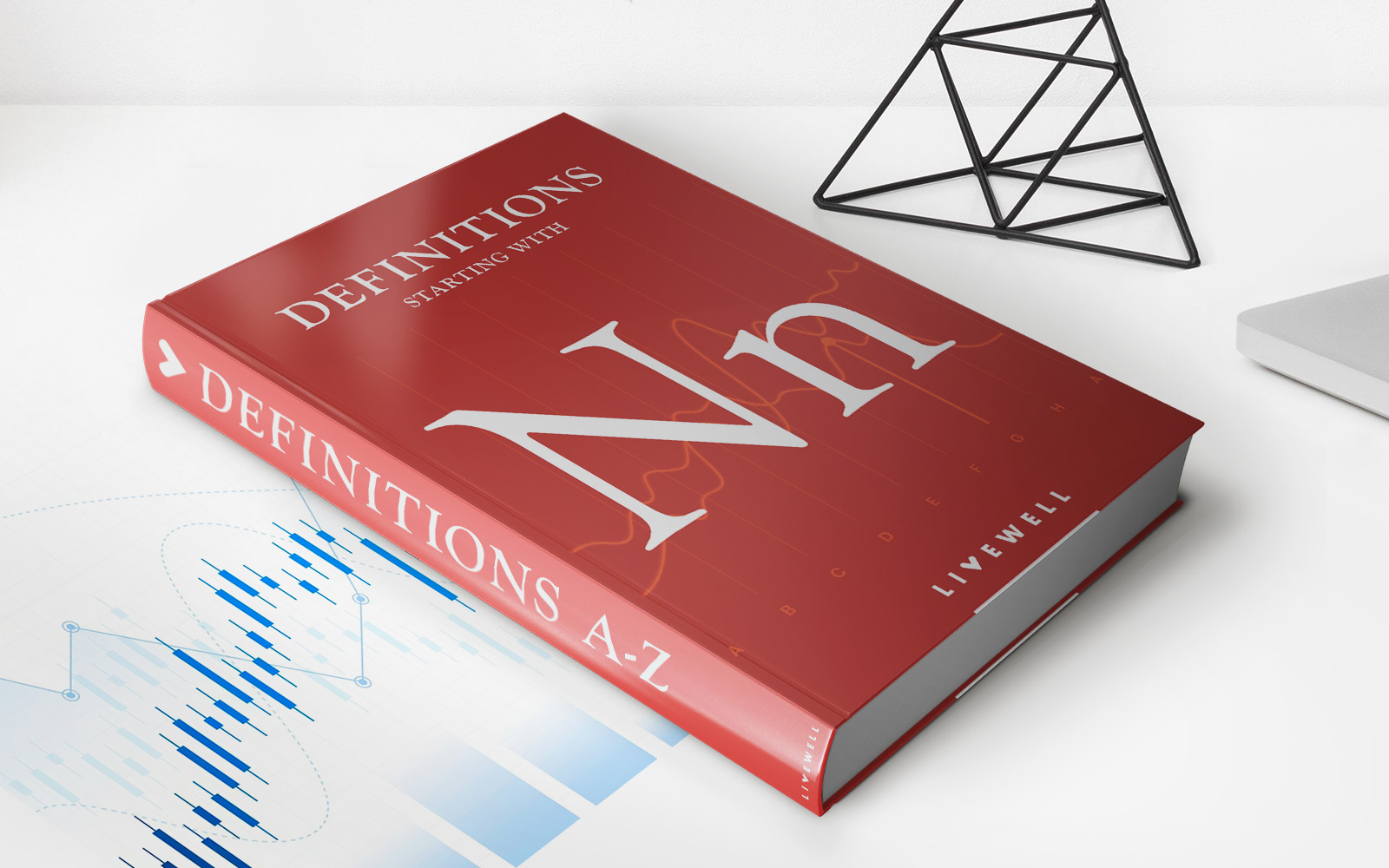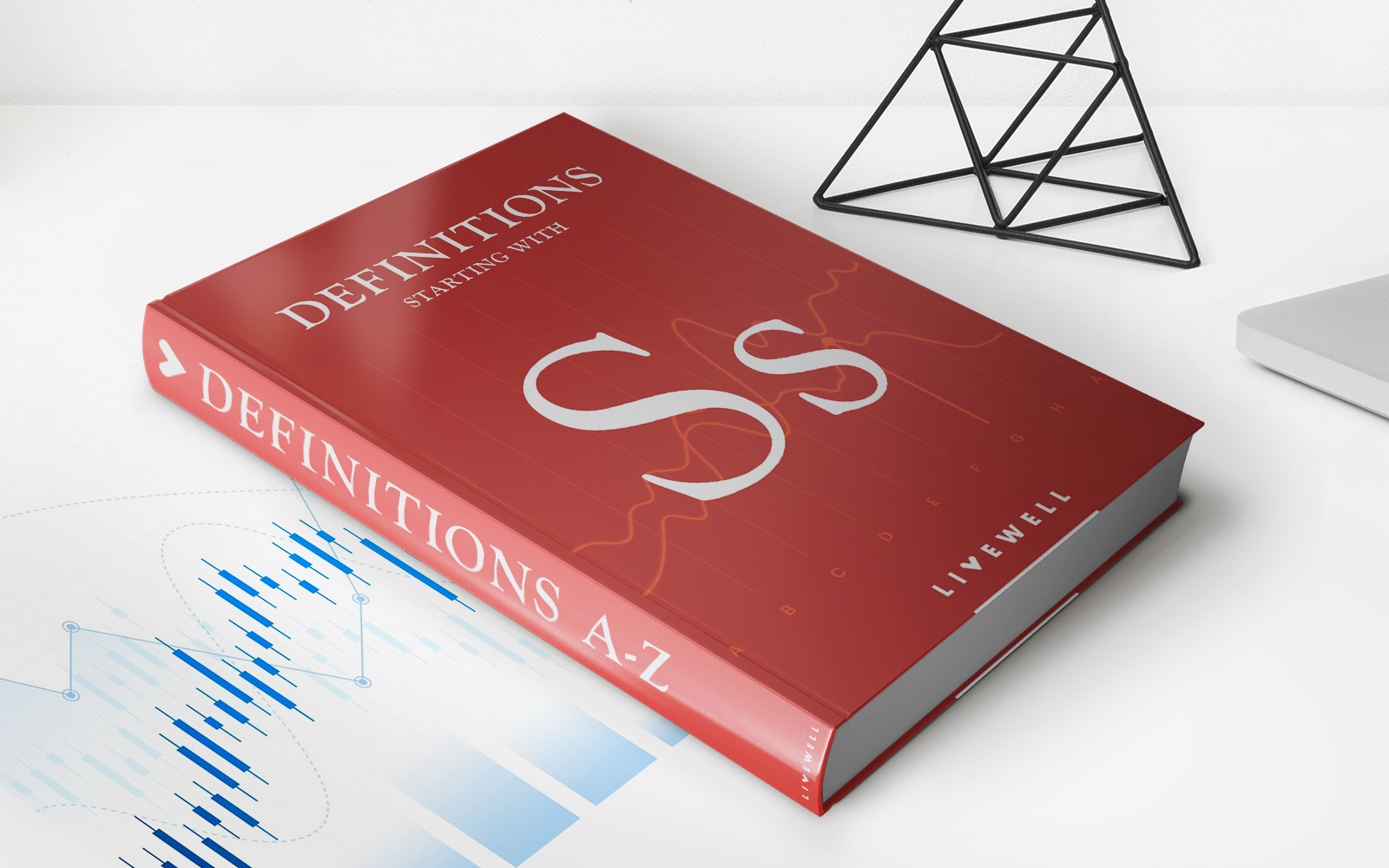

Finance
Hard Dollars Definition
Published: December 4, 2023
Learn the definition of hard dollars in finance and understand how it impacts your financial decisions. Discover its significance in managing your finances effectively.
(Many of the links in this article redirect to a specific reviewed product. Your purchase of these products through affiliate links helps to generate commission for LiveWell, at no extra cost. Learn more)
Understanding Hard Dollars Definition: A Guide to Financial Terms
When it comes to managing your finances, understanding industry terms can make a significant difference in your decision-making process. One such financial term you may have come across is “hard dollars.” In this blog post, we will dive deep into the hard dollars definition, exploring its meaning, importance, and how it can impact your financial goals. So, let’s get started!
Key Takeaways:
- Hard dollars refer to the actual cash fees or expenses incurred in financial transactions.
- Understanding the difference between hard dollars and soft dollars is crucial for effective financial management.
What are Hard Dollars?
Hard dollars, also known as tangible costs, are directly associated with cash. These are the actual fees or expenses paid in monetary terms during financial transactions. Unlike soft dollars, which have a non-monetary value, hard dollars reflect real cash outflows.
In the financial world, hard dollars can be seen in various situations. For example, when you pay brokerage commissions, advisory fees, or trade execution costs, these are considered hard dollars. These explicit costs are essential to consider when analyzing the overall profitability of investment decisions or evaluating the performance of financial service providers.
It is important not to overlook hard dollars when assessing the true cost of your financial activities. These costs, even in seemingly small amounts, can add up over time and impact your wealth accumulation. By understanding the hard dollars definition and incorporating it into your financial planning, you can make more informed decisions regarding your investments and expenses.
Key Benefits of Understanding Hard Dollars
Now that we have a clear understanding of what hard dollars are, let’s explore the benefits that come with understanding this financial term:
- Accurate financial analysis: By considering hard dollars in your financial analysis, you gain a more accurate picture of the costs associated with your investments or financial activities. This enables you to make more informed decisions that align with your financial goals.
- Better cost evaluation: Understanding hard dollars allows you to evaluate the true cost of financial services or investment products. By comparing the hard dollar expenses of different providers or investment options, you can select the ones that offer the best value for your money.
By gaining a thorough understanding of hard dollars, you can take control of your financial journey and make informed decisions that align with your goals. Remember, every dollar counts, and considering all costs and expenses is essential for building sustainable wealth.
So, there you have it – a guide to understanding the hard dollars definition. By incorporating this knowledge into your financial decision-making process, you can navigate the world of finance with greater confidence and success. Happy financial planning!

